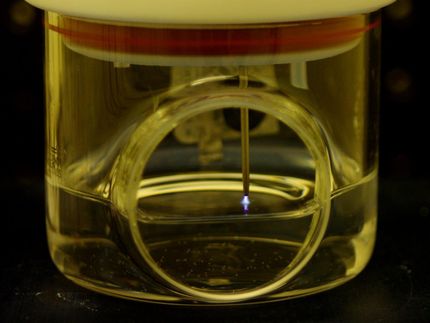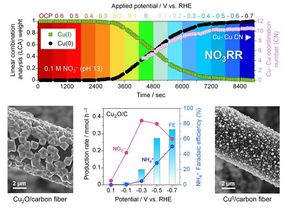Better eco-efficiency of formates in gas drilling
Advertisement
Using cesium and potassium formates in completion fluids that stabilize boreholes in gas production is more eco-efficient than the application of brines based on zinc bromide, calcium bromide and calcium chloride. This is the result of an eco-efficiency analysis performed by BASF. Formates are salts of formic acid, a BASF intermediate.
The scientific study compared which of the products is better suited from the economic and ecological point of view to be used in completion fluids for stabilizing boreholes. In a life-cycle assessment, formates outperformed the bromides named above as well as calcium chloride as a lower-cost, environmentally more benign alternative. Formates achieved superior results also with respect to waste disposal: while waste bromide brine needs to be disposed of at considerable cost, formate brines are biologically degradable, which allows on-site disposal. Completion fluids are used in gas production after the initial drilling operation to stabilize the well. Pressure in the well may exceed 1,000 bar. Special-purpose liquids are used to balance this pressure to prevent uncontrolled blowout of water or gas and a breakdown of the well bore. To achieve this the fluid must be of exceptionally high density – water-soluble salts like potassium and cesium formates have this density.
Other news from the department research and development

Get the chemical industry in your inbox
By submitting this form you agree that LUMITOS AG will send you the newsletter(s) selected above by email. Your data will not be passed on to third parties. Your data will be stored and processed in accordance with our data protection regulations. LUMITOS may contact you by email for the purpose of advertising or market and opinion surveys. You can revoke your consent at any time without giving reasons to LUMITOS AG, Ernst-Augustin-Str. 2, 12489 Berlin, Germany or by e-mail at revoke@lumitos.com with effect for the future. In addition, each email contains a link to unsubscribe from the corresponding newsletter.






















































